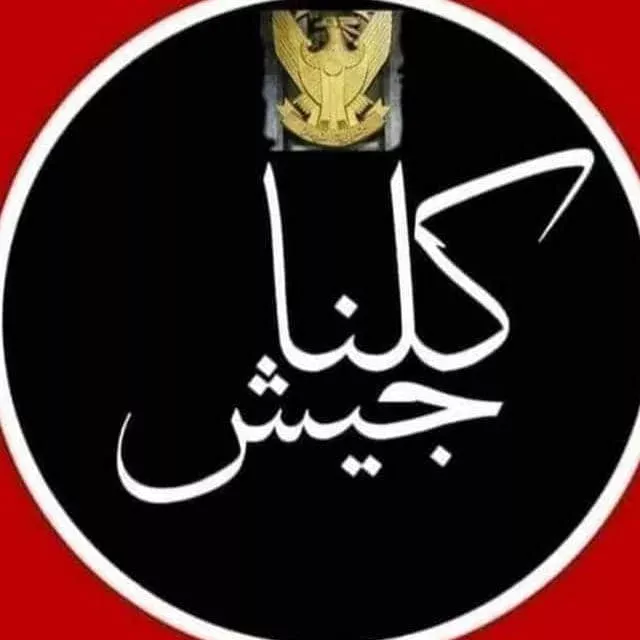We Are All An Army… A Sphere Symposium on Rebuilding What War Destroyed: How and Where to Begin

The {We are all an army} group on the WhatsApp application organized a Sphere symposium on the theme *Rebuilding what was destroyed by war, how and where to start*. The symposium was opened by the group's supervisor, Ali Shams Al-Falah, who stressed that the issue of reconstruction and construction requires a number of important steps, the first of which is to impose the prestige of the state and rotating members. The group discussed the discussion in a great spirit of patriotism and complete impartiality, and the deliberations resulted in overall results agreed by the participants, which are?
1- The initial damage assessment is the first step in the post-war reconstruction process. This assessment includes the collection and analysis of data on damage to infrastructure, the economy, local communities and the environment.
2- Estimate the general economic losses, the collapse of businesses, the cessation of industries, the impact of the war on trade and agriculture, and estimate the cost of rebuilding the local economy and the role of the private sector in this recovery.
3- An inventory of destroyed buildings {houses, schools, hospitals, roads and bridges, water and electricity networks}
4- Determine the extent of damage to public services such as health, education and transportation.
5- Assess the environmental impacts of war, such as pollution of air, water, soil, forests and natural resources.
5- Analyze the impact of war on the social fabric represented by sectarian and ethnic conflicts.
6- Assess political stability after the war and the extent of its impact on the reconstruction process.
7- Rebuild security services and ensure law enforcement to maintain security and stability.
8- Promote national reconciliation and avoid future conflicts through a comprehensive dialogue between all parties in conflict.
9- Restoration of roads, bridges, ports and airports to facilitate travel and movement.
10- Rehabilitation of schools and educational institutions to ensure that children and young people have access to education.
11- Support small and medium-sized enterprises and provide loans and grants to facilitate business start-ups, restore commercial and industrial activities and provide employment opportunities to the affected population.
12- Resettle refugees and displaced persons in their areas of origin and provide them with the necessary support to ensure their safe and dignified return.
13- Encourage dialogue between conflicting groups and work to promote understanding and peaceful coexistence.
14- Clean up affected areas, remove mines and unexploded explosives, and restore and rehabilitate agricultural land.
15- Working on the participation of citizens, each according to his specialty, in the maintenance of state facilities so that the citizen feels like a partner in the reconstruction, especially since everyone's view of the country has changed and they are fully prepared to work on its reconstruction. renaissance and building a new Sudan.
16- Activate agreements with friendly countries such as Russia, China, Turkey and Iran to rebuild infrastructure.
17- Opening the door to Sudanese minds to submit construction proposals and welcoming them, each according to their specialization, while opening the door to Sudanese capitals to participate in the reconstruction.
18- Control imports, close the door to the import of luxury goods of all kinds and open the door only to necessary consumer goods.
Conclusion!
The reconstruction process takes time and requires broad international cooperation, in addition to funding and assistance from humanitarian organizations and governments.





